Before getting on the train in Raleigh, North Carolina, Matthew Hayes, a Marquette graduate from the Class of 1997, made sure his medical bag was ready. A 3-year-old N95 mask. A pair of goggles and rubber gloves. Sanitizing wipes.
Prior to arriving in New York, Hayes could already see the impact of the virus. For the entire 500-mile trip, there were no more than five people on the whole train.
Hayes is a family doctor in North Carolina who spent two weeks volunteering at Harlem Hospital Center in New York City. When he arrived at Harlem Hospital in early April, Hayes said the sole focus was treating patients infected with COVID-19. The hospital was over its capacity with COVID-19 patients, to the point that sections that were under renovation prior to the outbreak had to be opened up to make space for more hospital beds.
Q: What have been the biggest changes in your workload since the beginning of the coronavirus outbreak?
A: The American health care system is one that moves very slowly and, in my opinion, was ill-equipped to deal with this outbreak. Most routine medical care has completely gone away. For two to three months, no one’s going in to get their knee replaced, nobody’s going in to see their family doctor unless they’re really sick. I actually got laid off from a job at a private practice not long before I ended up going to New York City to help out. I was sitting in my home in North Carolina, twiddling my thumbs as the medical system is completely getting pulverized in New York City where I used to live, so I was anxious to try and do something to help.
Q: What was the daily protocol at the hospital?
A: The policy was to limit interaction with the patients because this is a highly infectious disease. If there was not a good reason for us to go into a patient’s room, we did not, because if their plan of care is working and they’re stable, then there’s no reason to go in there. Along those same lines for the patients, it was quite a scary thing because no visitors were allowed to the hospital for obvious reasons to not spread the virus.
The nursing staff and the technicians were the ones that were really putting themselves on the line day in and day out because their job is to carry out the orders. They just have to go in the room more than that. They have to give medications, they have to give three meals a day.
Q: What were some of the biggest challenges while working at the hospital?
A: If a patient was sick enough that they had to go on a ventilator, that was not good. Most of the patients were not surviving that. The early thing when the pandemic started was ‘we don’t have enough ventilators, people are going to die due to the lack of ventilators.’ As things played out, the reality was that if they needed a ventilator, they probably weren’t going to survive. At Harlem Hospital only 10 to 20% of the patients that went on a ventilator were coming off the ventilator and surviving.
Some of the patients would just spontaneously recover. They would be struggling, and then within a day or two, they were fine. It’s a very unpredictable disease.
I was in charge of taking care of 20 to 30 patients on one of the regular medical floors in our hospital. None of the patients that I took care of were on ventilators. There were critical care doctors for that. But some of my patients did end up going into intensive care, and some of the patients died. One probably died of large blood clots in the lungs and other ones died of a massive stroke, and so on and so forth.
There’s wide variability in their disease, and it was no doubt it was really, really taxing the medical system. The medical community’s learning more and more about COVID-19 rapidly, but it definitely causes viral pneumonia, going to the lungs and causes a lot of lung dysfunction. But it also seems to be affecting all the other vital organs, like the brain, the heart and the kidneys, we think that perhaps due to the coagulation with their blood clotting disorders that it’s causing. I was there for a couple of weeks, and we were learning more about that all the time.
Q: How did you cope with all the added stress? What was the mental and emotional toll of the different things you experienced?
A: One very important principle in medicine is you can’t take care of others and not take care of yourself. For me, when my duties were done, I went back to my hotel room, which was somewhat of a safe haven. I knew it was clean and that I could go there and decompress.
I definitely had to focus on getting adequate sleep, stay hydrated and getting some decent meals. There were a lot of outside organizations donating food to the hospital … that was nice because you really didn’t want to be out and about for no good reason. I just knew that if I could take care of myself physically and if I were to end up getting that virus, my body should be able to fight this off.
Mentally, I definitely made phone calls to friends and family and vented about some things that were going on. Particularly one day we had a patient who … seemed to be doing okay and then suddenly died. That affected all of us working there because it was just so sudden.
A couple of times I did watch Mass in my room on my laptop from St. Patrick’s Cathedral, which is this massive cathedral in New York City that I used to be a parishioner at. Gesu at Marquette is a really beautiful church, but this puts that to shame. So that was pretty cool to go to Mass virtually and to get grounded.
My family and I started doing Zoom calls on Sundays with all my cousins, nieces and nephews, and aunts and uncles. That was a morale booster.
Q: How has faith been an important aspect of getting through this for you? How do you feel about the transition to online Masses?
A: Attending Mass virtually, those couple of times I did, just was calming. The music at St. Patrick’s Cathedral is so fabulous with the organist and they have this main singer who is just, I mean, the pipes on this woman are just incredible. To see the priests that I was familiar with saying Mass was just comforting. It’s just a comforting sense of normalcy, a sense of familiarity during a very uncertain time. I think everybody has to figure those things out because faith is important all the time, but even more so during a crisis. Before I went to the hospital in Harlem a couple of times while I was getting ready, I had Mass on in the background.
Q: With New York City and Harlem having a higher concentration of Hispanic and African American populations, do you see how they are being disproportionately affected?
A: Those statistics do not lie regarding minorities being disproportionately affected, based on my experience. I saw firsthand that this virus is affecting minorities greatly, with all the medical problems that those communities already bring to the table such as diabetes, high blood pressure, heart disease. Those make it really hard to fight off this virus, not to mention the lack of access to high-level health care, which leads to some of those same health care issues.
Q: Where do you stand on the public discussion of essential workers and health care professionals being recognized as heroes versus being forced to put their lives on the line?
A: I think it’s kind of like being a veteran. People say thank you, and that’s all that they need to say. That’s good enough, and I appreciate that. But for me, 100%, not a hero. I am not a hero, period. I’m grateful that I had the opportunity to go to that hospital and help, and I’m happy to help. But truthfully, if they did not have proper (personal protective equipment), I was not going to put myself at risk at that point. The people that I really have a lot of respect for are the respiratory therapists and the nurses who have to go in and out of those rooms and really put themselves at risk.
Q: Has there been anything you learned or experienced during your time at Marquette that helped prepare you in any way for what you experienced in Harlem?
A: From a practical standpoint, because Marquette’s an urban university, you get exposed to things you otherwise wouldn’t be exposed to at a typical college town experience. To go to a place like Harlem, I’m prepared enough to go there and not be afraid of being in a place like that … I don’t care what somebody’s paycheck is, what color they are, what their religion is — it does not matter. I’m going to try and do what I can to treat them as well as I can as a human being and give them good health care.
Q: Any final things you’d like to share with the Marquette community?
A: Don’t be afraid to step up and do the right thing when the situation calls for it. I believe my education at Marquette has given me a foundation for life, to think critically and to do the right thing as best we can on a day to day basis.
This story was written by Joseph Beaird. He can be reached at joseph.beaird@marquette.edu.

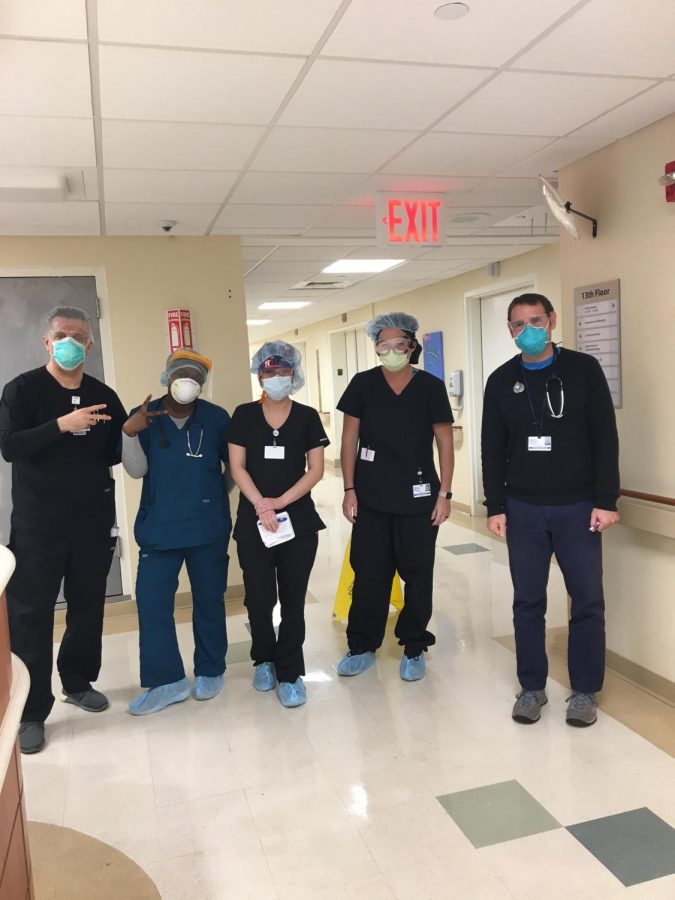




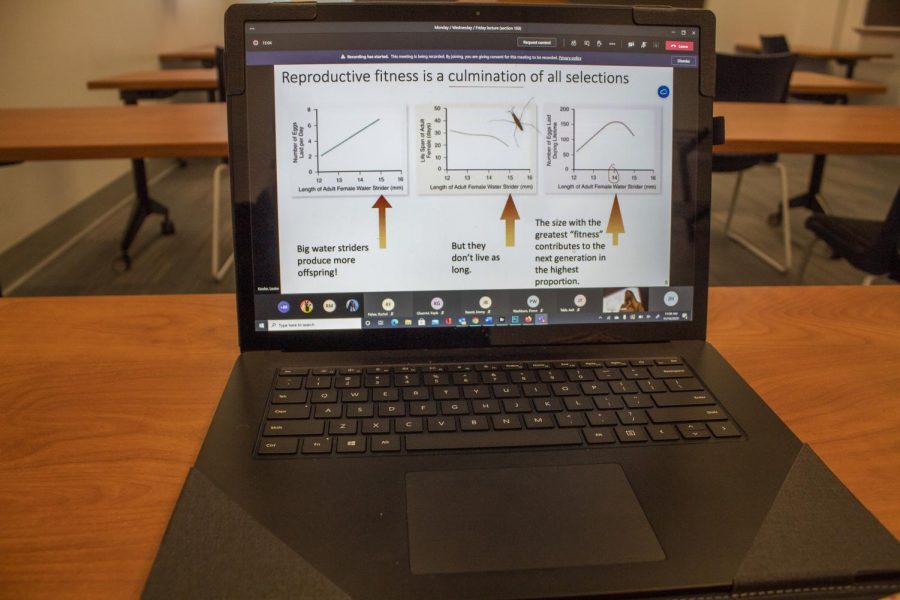
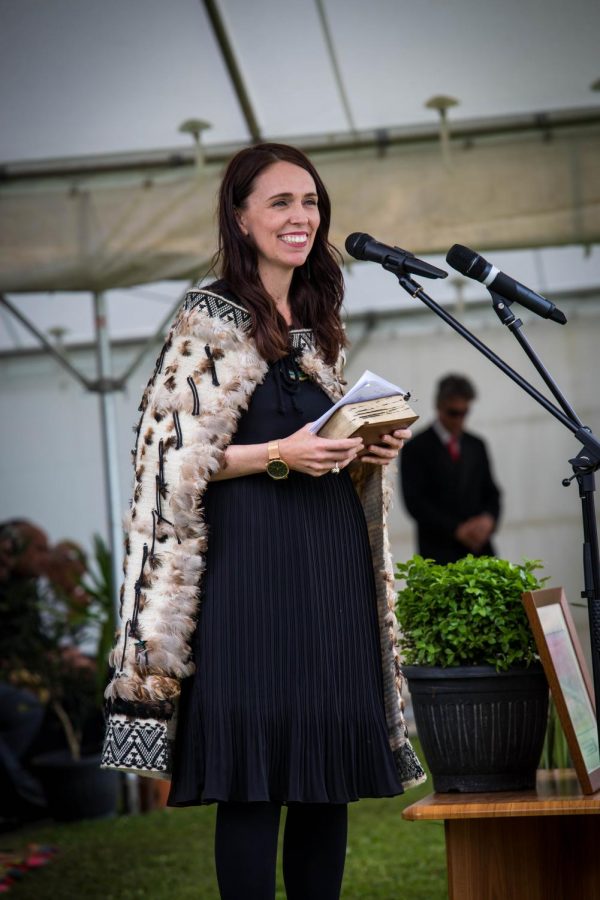
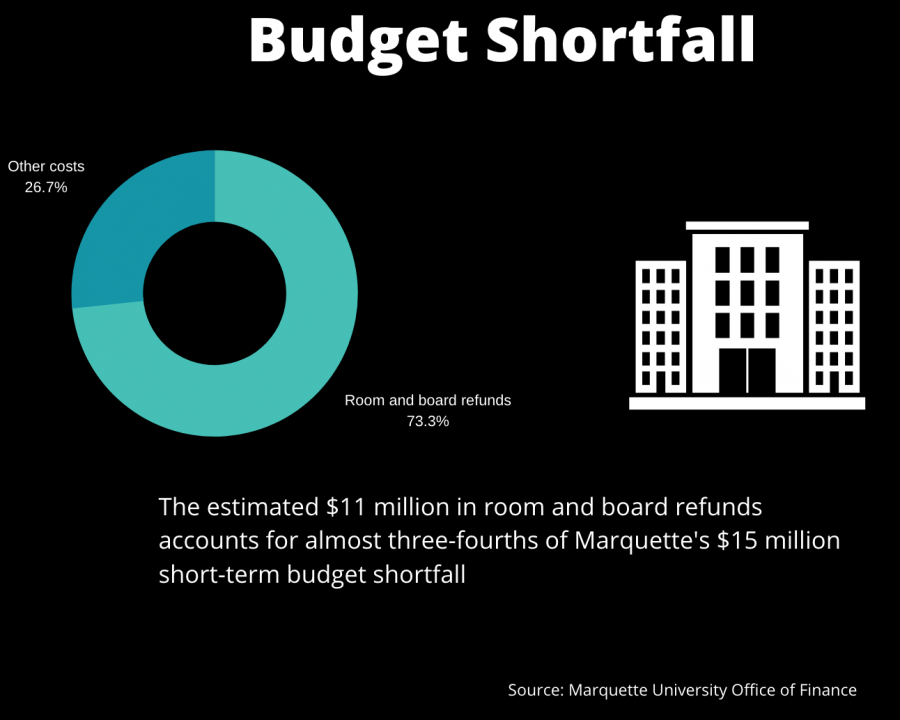
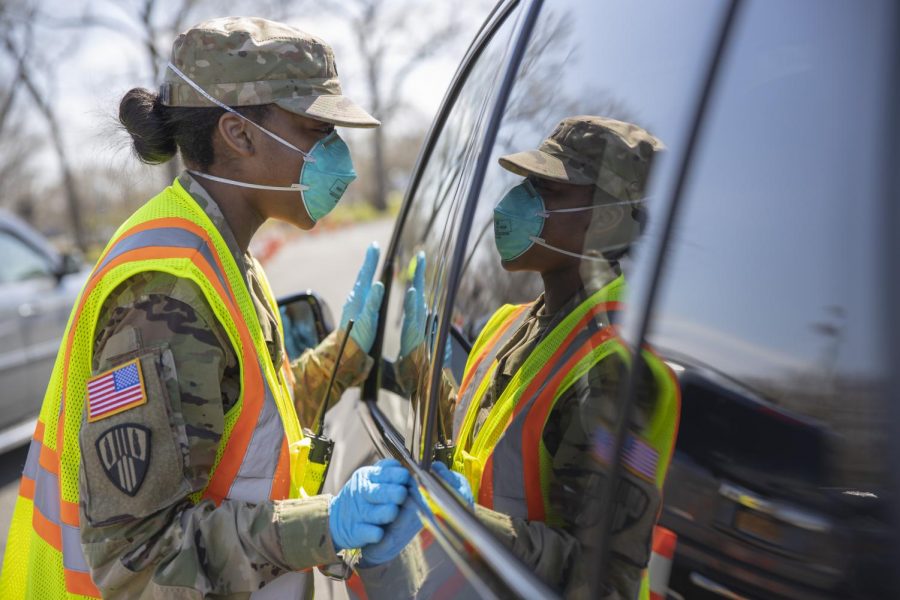
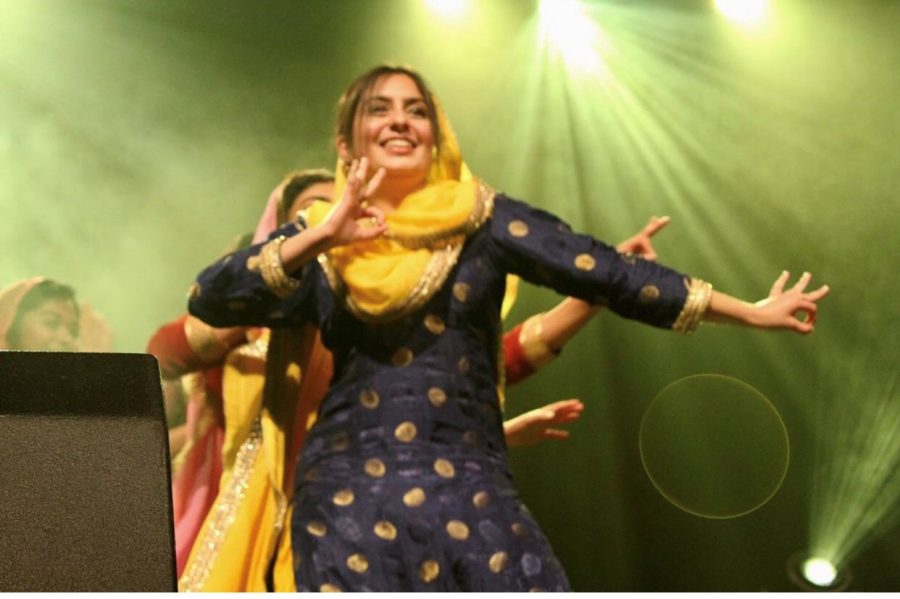
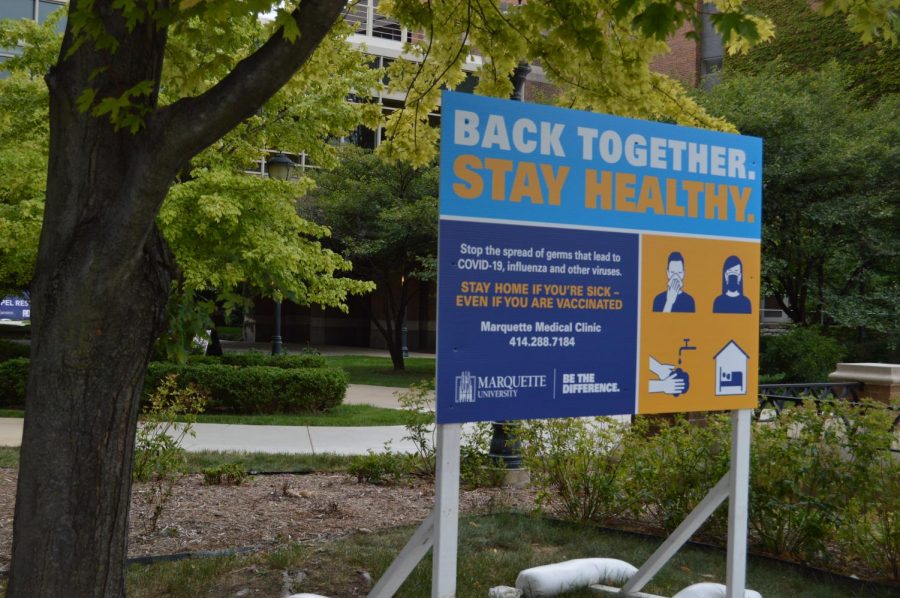
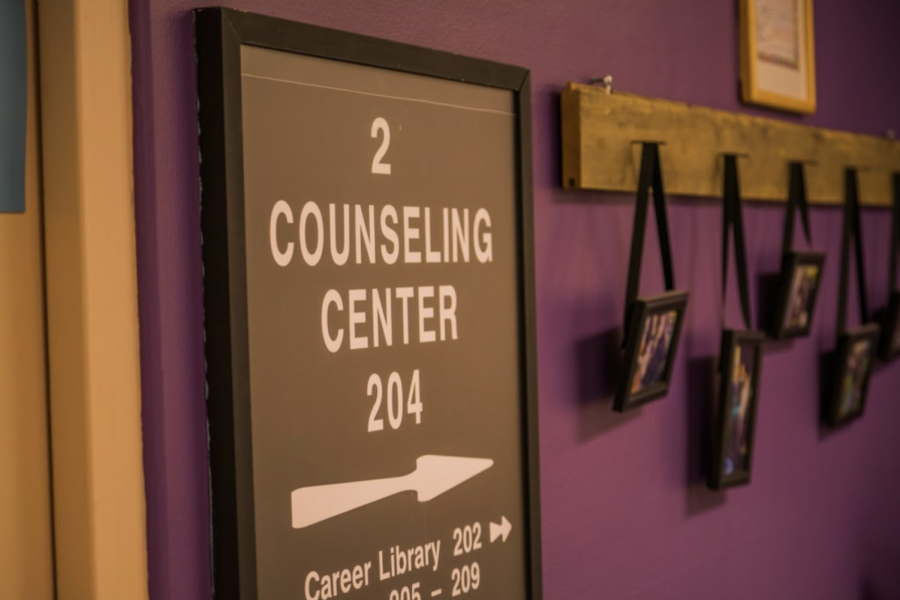
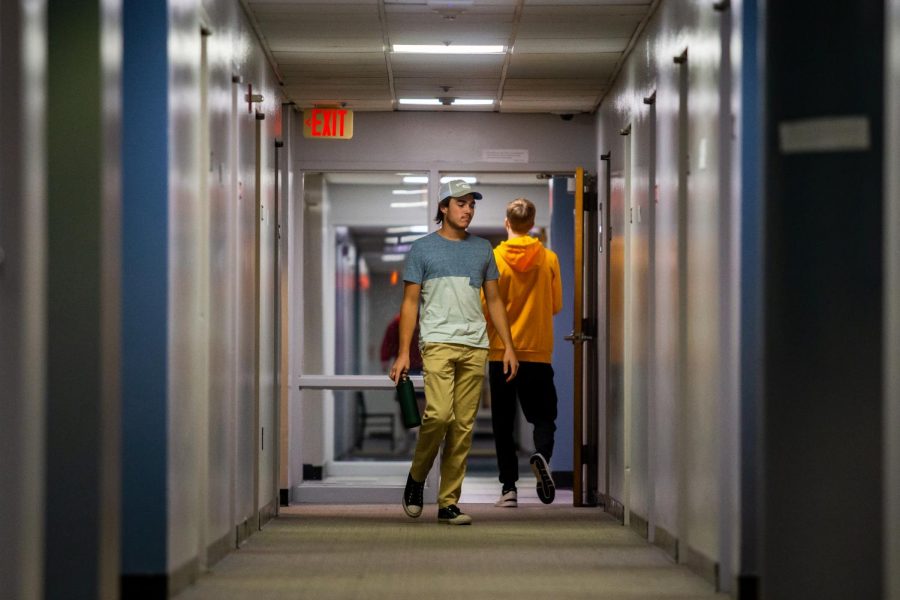
terence hayes • May 1, 2020 at 10:58 am
Dear Joseph I am the father of Dr.Matthew Hayes and,needless to say,I am very proud of him.Thanks for writing a wonderful story of his work as a volunteer at a hospital during this pandemic.It is very scary to read about the deaths in New York,but it must be really scary to deal with the victims of the virus first hand and to experience death of patients.You captured the experience that Matt dealt with and you did it well, Thanks again Terry Hayes